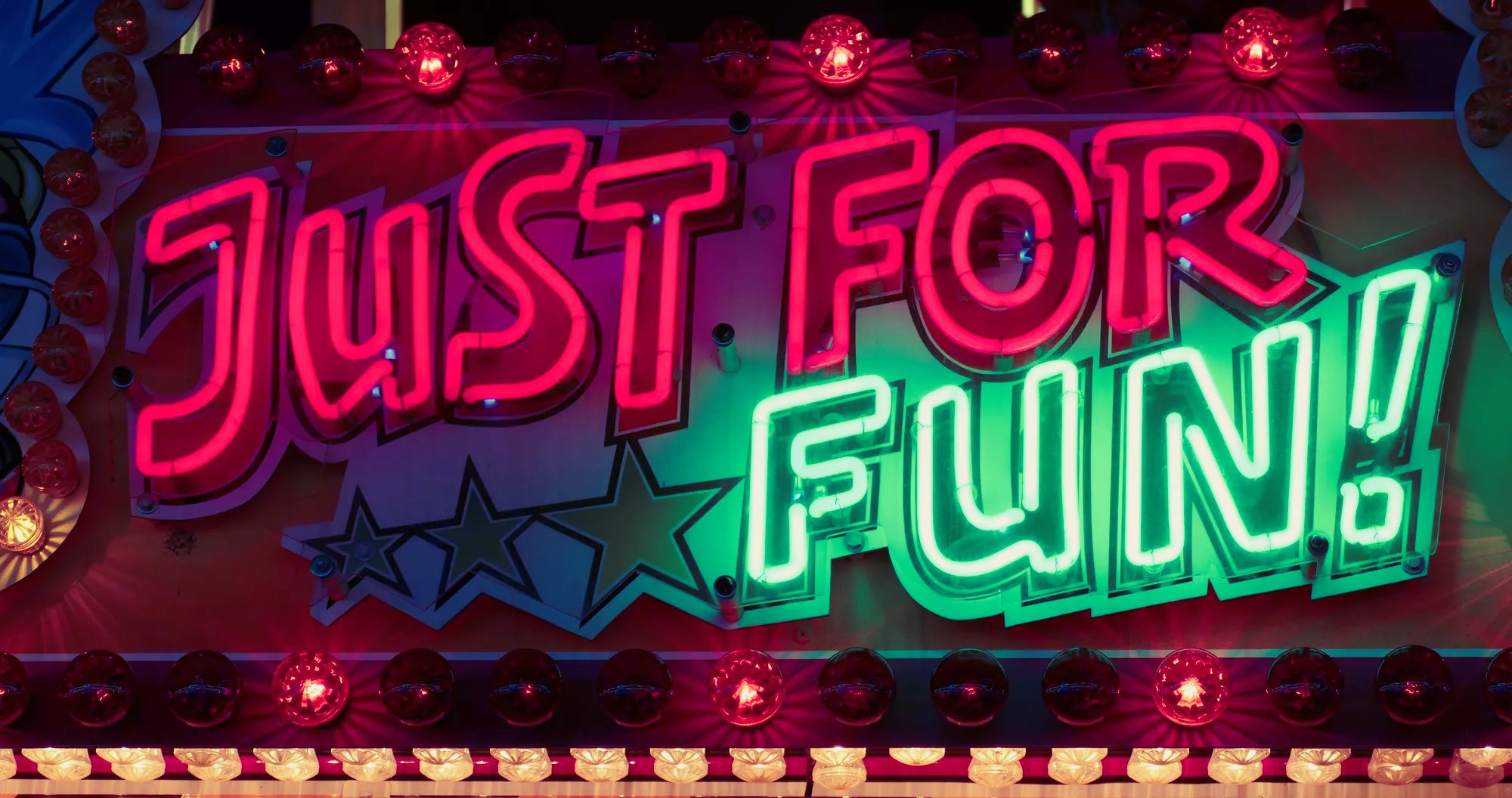
Content Warning: There are references to anti-trans quips in this article.
Humor continues to be used as a form of discrimination against transgender people, and comedians like Ricky Gervais and Dave Chappelle have lately come under fire for their anti-trans” quips.”
While trans people still experience discrimination in the real world in fields like healthcare, employment, and education, some “comics” choose to focus on minorities in an effort to maintain their humor and importance.
Trans people have historically been made fun of for cis women’s pleasure, even within the film industry. They were merely depicted for decades through crime or mockery. While we are gradually beginning to see more good changes as trans people begin to control their own stories, some “comedy” offers frequently also feature anti-trans jokes.
Netflix has received criticism in the past time for its sitcom specials content, which includes cis comedians who use anti-trans jokes as a means of advancing their careers. Due to their stand-up quips, comedians like Ricky Gervais and Dave Chappelle have drawn criticism.
The LGBTQ+ group reacted negatively to Gervais ‘new Netflix series Armageddon because of his crude use of transgender characters in comedy. This comes after the Gay and Lesbian Alliance Against Defamation, GLAAD, issued a statement last year calling the Netflix stand-up “dangerous, anti-trans comments masquerading as gags.”
The focus is shifted away from the prejudice trans people experience and toward whether or not someone has male or female testicles as a result of these continued, repulsive jokes about transgender people. Talking about someone’s intimate body parts, much less using them for comic effect, is merely an invasion of privacy. In essence, these jokes perpetuate dehumanizing stereotypes about trans people and increase the risk of abuse and violence in the community.
Also, The Dreamer, a Netflix special starring comedian Dave Chappelle, has drawn criticism. Even though Chappelle is one of the most well-known comedians in the US, some of his jokes center on making fun of transgender people. His anti-trans comedy is overdone, lacking in originality, and is particularly unpleasant. However, the actor persisted in his jokes, insisting that they are just that — jokes. However, his quips appear to specifically targeted the LGBTQ+ group.
In the past, Chappelle was the target of protests from trans activists and many Netflix employees outside the company’s office over his sexist jokes about the trans community. Due to this discussion, one of his live shows was even canceled.
While Netflix does not help discrimination of any kind, they do “program for a variety of audiences and tastes,” and if viewers find it inappropriate, Netflix “may not be the best position for you,” according to Variety. This statement simply accuses those who are “offended” by anti-trans comedy; it does not attempt to fight it.
Alok Vaid-Menon, a trans advocate, poet, and artist, spoke out against anti-trans jokes, saying that “funny in its base was really about championing change and then most comedians have become ambassadors for the status quo.” Entertainers should be able to use jokes that make fun of humanity’s irony to reveal the truth about what is going on around us. Existing transgender and gender-divided individuals is not absurd; instead, it is the hundreds of anti-trans policies that seek to deprive the trans community of their fundamental human rights.
This problem may be reduced to “just making jokes,” as funny frequently reflects the attitudes of the society in which we live. These jokes have an impact on transgender people who are disproportionately affected by crime, who cannot apply public restrooms, and who encounter obstacles when attempting to access gender-affirming healthcare. It is about reducing love conversation rather than restricting free speech.
Humor is a crucial tool for helping people comprehend how culture works in all of its absurdity. The same cis comedians, however, are now using it to mock transgender persons rather than using humor to address global issues.



